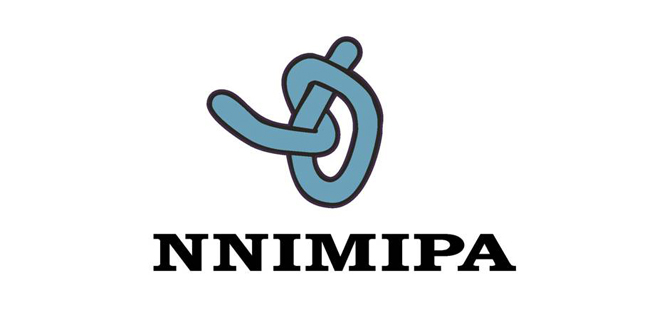|

|
|

Network Coordinator,
NNIMIPA;
Editor and Webmaster for

Please note that this is the way the website for
NNIMIPA
Nordic Network for the Integration of Music Informatics, Performance and Aesthetics
appeared as of June 30, 2014, the concluding date for the period during which the network was funded by NordForsk 2010-2014. Founded in 2007, NNIMIPA was initially funded by NordPlus. This website was started in February 2010 while NNIMIPA was still a NordPlus network, and it contains extensive documentation of the activities within NNIMIPA from its inception in 2007 until the final date for the NordForsk grant in June 2014.
The contacts that were established among researchers in the Nordic area and beyond through NNIMIPA have resulted in myriad cooperative research efforts. A significant number of these activities continue to be documented on the website www.soundmusicresearch.org which you are most welcome to visit.
| | |